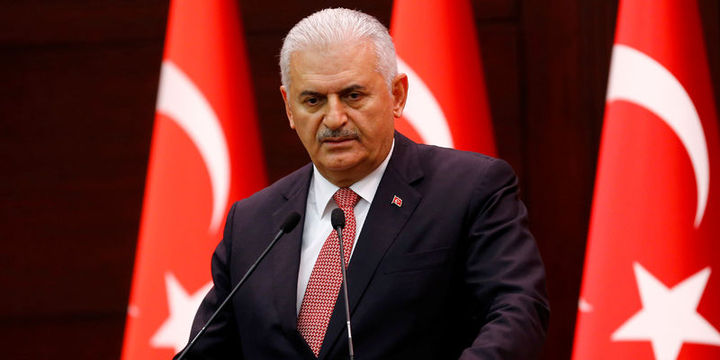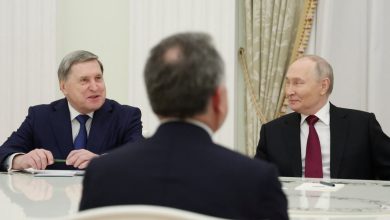Encouraged by territorial gains over jihadists al-Qaeda in recent weeks, Syrian Kurds northeast have announced the formation of a transitional autonomous authority.
Yet several major Kurdish factions have not signed on to the declaration, which was originally introduced in July, AFP reported.
“Today is an important day in the history of the Kurdish people,” said Shirzad Izidi, a spokesman for the Syrian Kurdish group People’s Council of Western Kurdistan.
The plan would divide Syria’s Kurdish region into three areas, each having its own local assembly and representatives to a regional executive council.
The autonomous administration would prepare local and general elections, as well as various political, military, economic, and other issues.
The announcement comes amid growing Kurdish strength in neighboring Turkey, and increasing initiatives for independence in the Kurdish region of Iraq.
“What has been announced today is the beginning of implementing an interim administration in the areas of West Kurdistan,” Izidi added, using the common name for Syria’s Kurdish areas.
Talks in the predominantly Kurdish town of Qamishli preceded the announcement.
But the fact that the new authority is lacking the support of key Kurdish parties threatens the longevity of the plan.
The new transitional authority is formed by the formidable Kurdish Democratic Union Party (PYD) and other small groups, but not the Kurdish National Council (KNC) and its broad array of parties.
“I think that such a rushed, one-sided move will be seen as…an obstacle to the Syrian opposition,” said KNC member Nuri Brimo.”I think the (PYD) is moving in the wrong direction by individually announcing the local administration.”
Kurds have recently fought jihadist groups trying to secure land near the Syria-Iraq border to ensure a supply route. Kurdish forces took control last month of a prime border spot with Iraq, encouraging the newly-announced authority.
The Kurds are the largest ethnic group in the world without a state of their own. They currently live in the bordering territories of Syria, Turkey, Iran, and Iraq. The idea of carving an independent Kurdish state has numerous supporters among Kurds, with Kurdish-populated countries trying for years to oppose secessionism.
In pre-war Syria, the Kurdish population – 15 percent of Syria – was denied some of the rights that other ethnic groups enjoyed. However, in the early months of the conflict, the government of President Bashar Assad granted a number of concessions to the Kurds – including granting citizenship to thousands of them.
Kurdish areas in Syria, concentrated in the northern regions of the country, have been administered by Kurdish councils since the Assad regime ordered forces to withdraw in mid-2012.
The move was made to free up forces to deploy elsewhere, and to boost Kurds’ support for the regime.
Since then, Kurds have been trying to distance themselves from the focus of the civil war – forming militias to defend their territory, but otherwise not supporting any side. In mid-2013, radical anti-Assad groups increasingly attacked Kurdish towns, which, according to some reports, gave Kurds an incentive to side more with the Syrian government.
Error, group does not exist! Check your syntax! (ID: 13)


